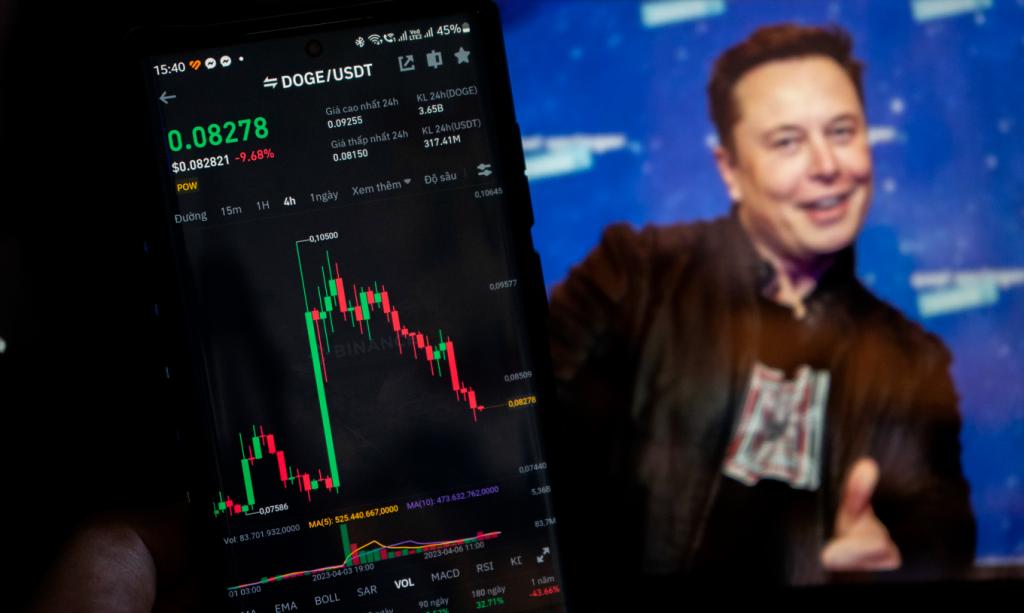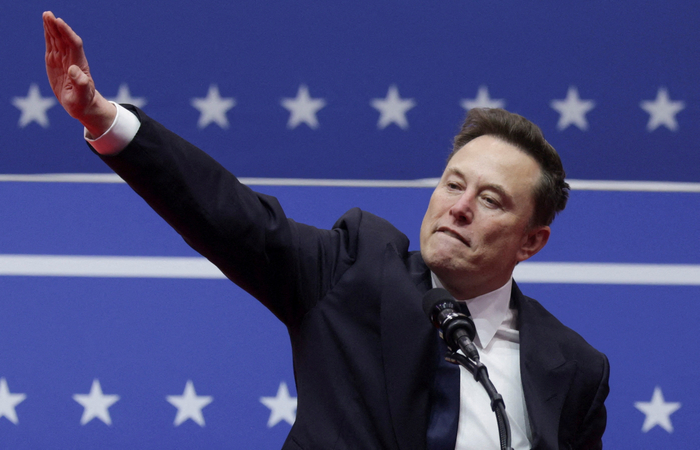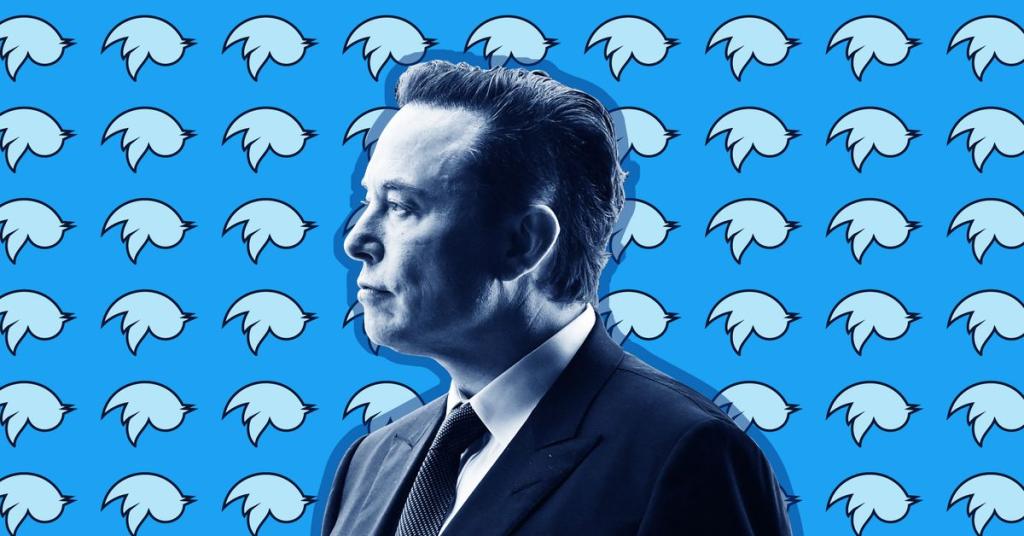Elon Musk's Dogecoin Lawsuit Win and Its Market Impact
Explore how Elon Musk's legal victory over Dogecoin manipulation claims impacts cryptocurrency investments and the responsibilities of market influencers.

Key Points
- Elon Musk
and Tesla successfully dismissed a lawsuit alleging they manipulated
Dogecoin's value, highlighting the legal boundaries of social media influence.
- The court ruled that Musk's statements about Dogecoin were mere 'puffery' and not actionable fraud, emphasizing investor responsibility in volatile markets.
- This case raises important questions about the ethical responsibilities of public figures in financial markets and the need for clearer regulations on market influence.
In a significant ruling on August 29, 2024, a federal judge in New York dismissed a lawsuit against Elon Musk and Tesla, which accused them of manipulating the price of the cryptocurrency Dogecoin. This decision has sparked a conversation about the intersection of social media influence and financial market regulations. As Musk’s statements about Dogecoin, often described as 'puffery', were found not to constitute fraud, the ruling shines a light on the complexities surrounding cryptocurrency investments.
Background of the Case
The lawsuit was filed by a group of investors who claimed to have suffered substantial financial losses due to Musk's promotion of Dogecoin through social media platforms, particularly on
, now rebranded as X. They alleged that Musk’s statements inflated the cryptocurrency’s value dramatically, only for it to crash afterward. The plaintiffs sought an astonishing $258 billion in damages, indicating the magnitude of potential losses attributed to Musk's tweets.

The Court’s Ruling
Judge Alvin Hellerstein ruled that Musk's social media assertions about Dogecoin were merely aspirational and not factual statements that investors could rely upon. This concept of "puffery" is well-established in legal precedent, allowing for exaggerated marketing claims that do not constitute fraud. "No reasonable investor could rely upon them", wrote Hellerstein, emphasizing that such statements do not meet the criteria for securities fraud.
This dismissal was not only a victory for Musk but also a vital reminder of the protections that exist for public figures in the realm of social media expression. The court found the plaintiff’s claims of insider trading and market manipulation to be unfounded, further solidifying the idea that enthusiastic promotion of a cryptocurrency, even by a high-profile figure like Musk, is within the bounds of legal speech.
Understanding the Impact on Cryptocurrency Investments
The ruling has broader implications for the cryptocurrency market, particularly regarding investor responsibility. Investors must exercise due diligence and critical thinking when responding to public endorsements, especially in a highly speculative arena like cryptocurrency. The Dogecoin case highlights the volatile nature of investment fueled by social media, where a single tweet can generate significant fluctuations in market value.
For instance, in the two years leading up to the lawsuit, Dogecoin's value skyrocketed by over 36,000% at points, further showcasing the volatility that can accompany digital currencies. Yet despite its meteoric rise, the coin's long-term value remains uncertain, reflecting the risks inherent in trading based on social media hype.
A Fresh Perspective on Market Influencers
This case also prompts a re-evaluation of market influencers—individuals who, through their reach on platforms like Twitter, have become pivotal to the dynamics of financial markets. Musk’s tweets often led to immediate and observable impacts on Dogecoin's values, demonstrating the power and responsibility of such influence. However, this raises ethical questions: should there be more stringent regulations governing the influence of public figures on investment choices?
With the courtroom now settling this dispute, it remains vital for both regulators and investors to understand the fine line between influencing and manipulating a market. The rulings and ongoing debates suggest the need for clearer guidelines on social media conduct in the financial world, ensuring investor safety without stifling free expression.
Looking Ahead
As we digest the implications of this landmark ruling, it’s clear that the conversation surrounding social media and financial regulation is just beginning. With prominent figures like Elon Musk at the forefront, the merging of technology, finance, and law will continue to evolve, prompting ongoing discussions about responsibility in investment communications. Investors must remain informed and vigilant, while public figures should be aware of the powerful effects their words can have on financial markets.
The dismissal of the lawsuit against Musk underscores a pivotal moment for both the cryptocurrency market and the regulatory frameworks that govern it. As investors navigate this landscape, let's encourage informed decision-making that ultimately supports innovation without sacrificing responsibility.


